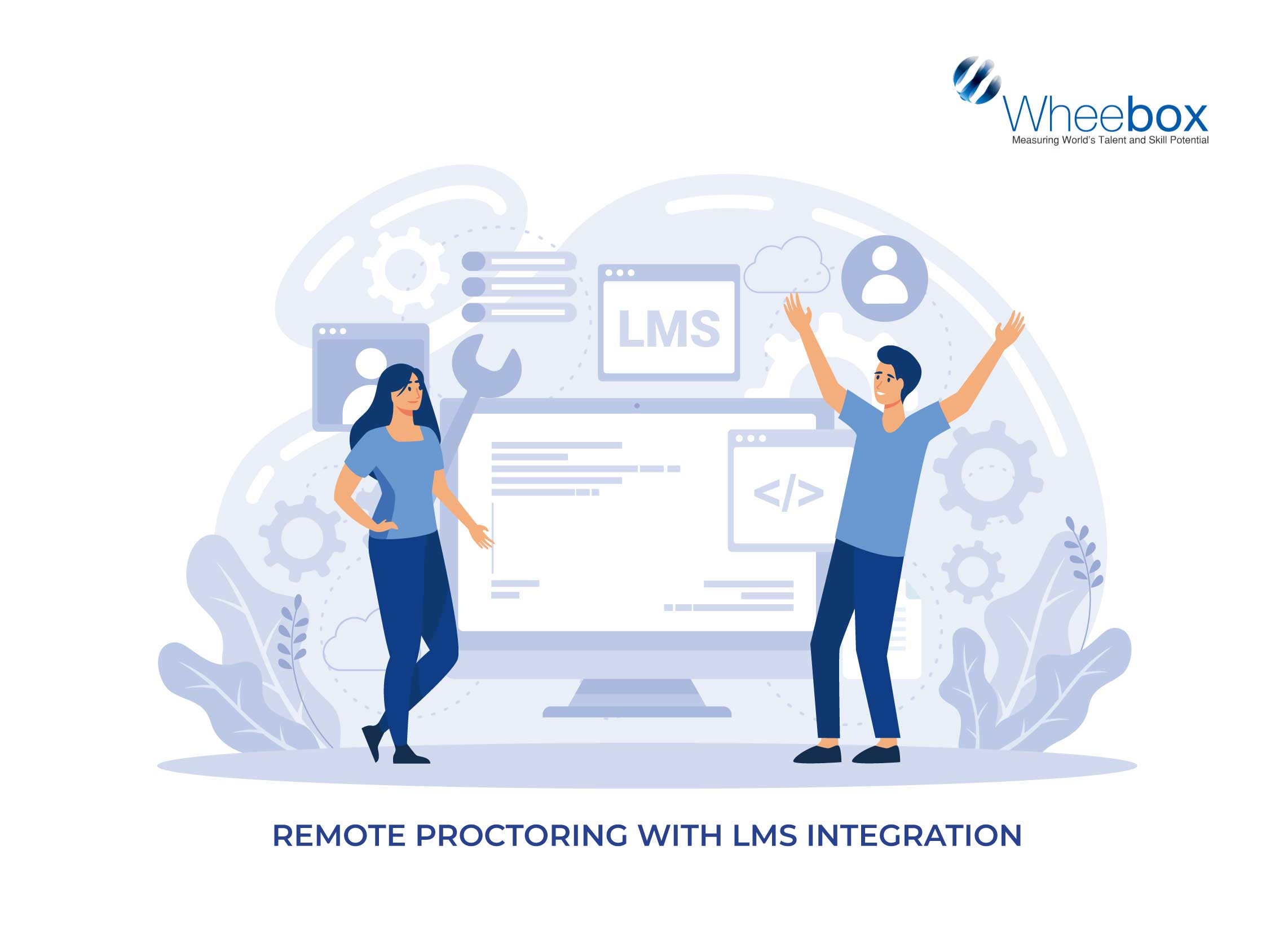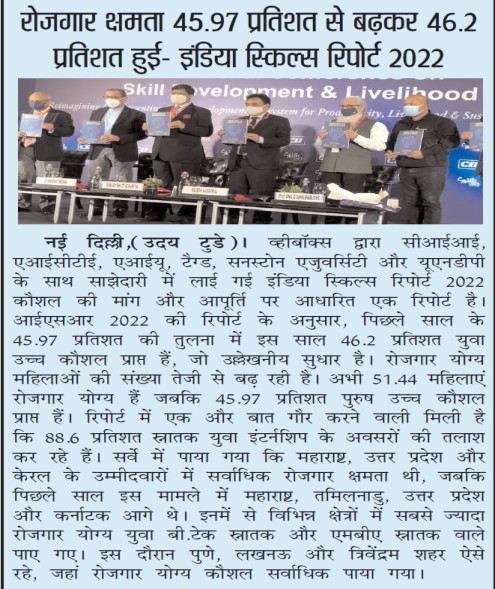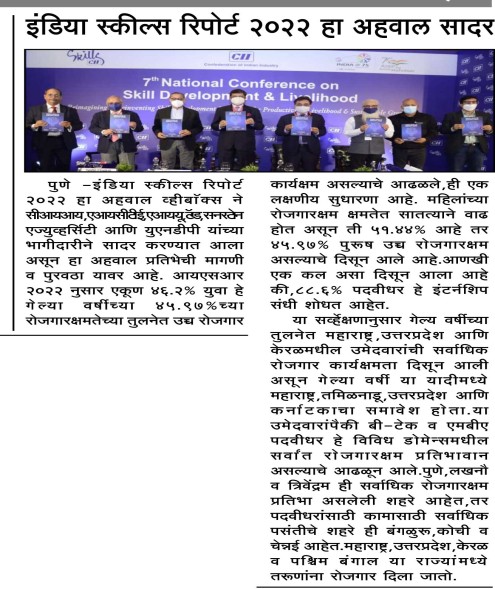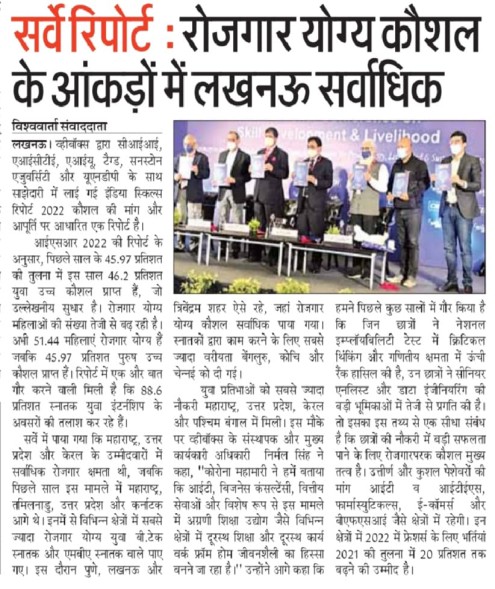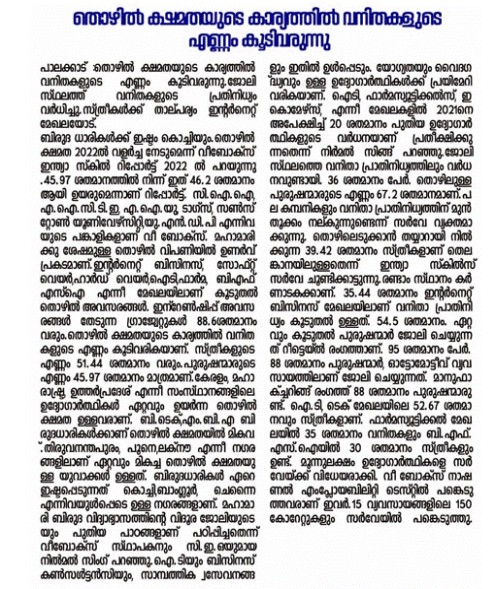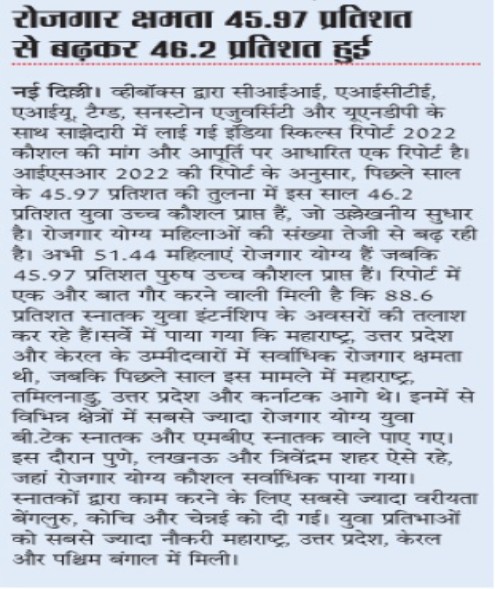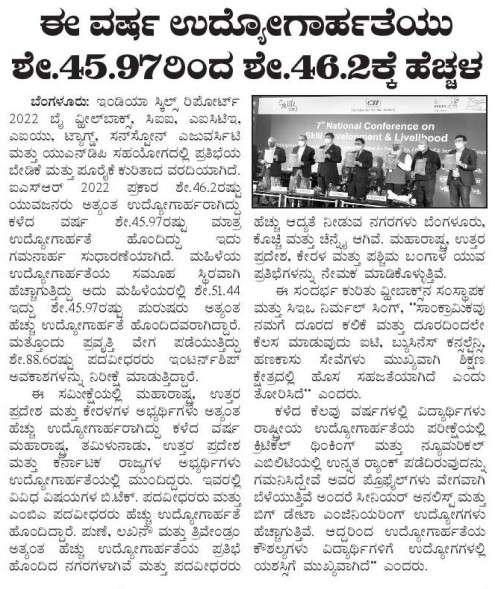Remote Proctoring with LMS Integration
The world of remote proctoring is changing with the adoption of LMS Integration. Remote proctoring has been a part of the education landscape for decades, but it has become more accessible and widely used in the past few years. With LMS integration, remote proctoring can be more effective than ever before.
LMS Integration in Remote Proctoring
The LMS Integration in Remote Proctoring is the process of integrating an LMS into a remote proctoring system. The integration takes place between the LMS and the remote proctoring system and causes all data generated by the student in their coursework to be automatically sent to the remote proctoring system.
The main benefits of LMS integration are:
Benefits of Remote Proctoring
Remote proctoring with LMS integration is an effective way to provide quality assurance while allowing students to continue their learning at home. Whether you are a faculty member or department head, the purpose of remote proctoring is to provide a safe and controlled environment for students to complete their coursework.
The advantages of remote proctoring with LMS integration are as follows.
- It reduces the cost of the course delivery and allows the students to log in from anywhere and learn at their own pace.
- The instructors can give feedback to the students, who can also get approval for their assignments easily by using the LMS integration.
- Students can submit their assignments through a click of a button and get themselves graded in real-time with no delays or errors due to paperwork, faxing manual mailings, or internet connectivity issues.
- The instructors can monitor all student progress and provide them with instant feedback on their work when they need it most - during exams or assignments submission, etc.
- Provides students with a flexible learning environment. With remote proctoring, students can work on their schedule, rather than having to wait in line during class hours or at specific times throughout the day.
- Calms students' anxiety by giving them control over when they take quizzes or tests. Students who are given this option will be much more likely to complete assignments because they know exactly when they need to get started on them.
- Eliminates student conflicts since there is no need for them to meet up with other students at set locations to take exams or participate in quizzes together.
- Improves student retention rates by allowing students who need extra time due to illness or other distractions from studying before exams/quizzes.
The implementation of a learning management system (LMS) in remote proctoring can change the world
The implementation of a learning management system (LMS) in remote proctoring can change the world from a teaching and learning perspective. It will allow students to learn at their own pace, with the flexibility to work on assignments or projects when they have free time. Students will be able to access their coursework and resources from anywhere they have an internet connection. Students will also be able to access their grades and progress reports online, so they can see how they are progressing through each course.
The implementation of an LMS would also provide instructors with more opportunities for collaboration with students and with other instructors, as well as ensure that students have the opportunity to interact with each other in real-time if desired. The use of an LMS would also improve communication between departments within an institution such as finance, marketing, and human resources departments who may not otherwise work together frequently enough due to geographical location or departmental structure.

